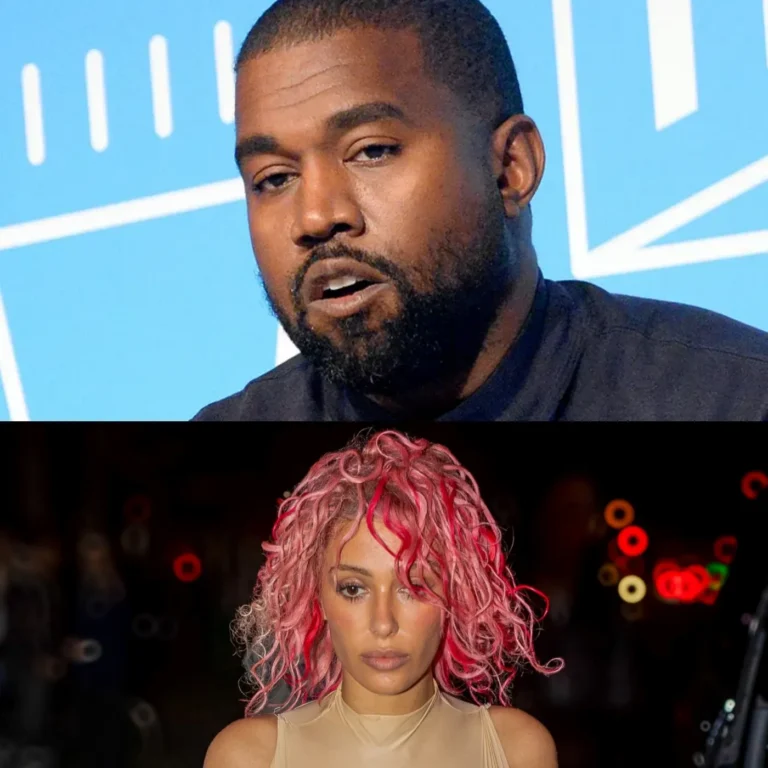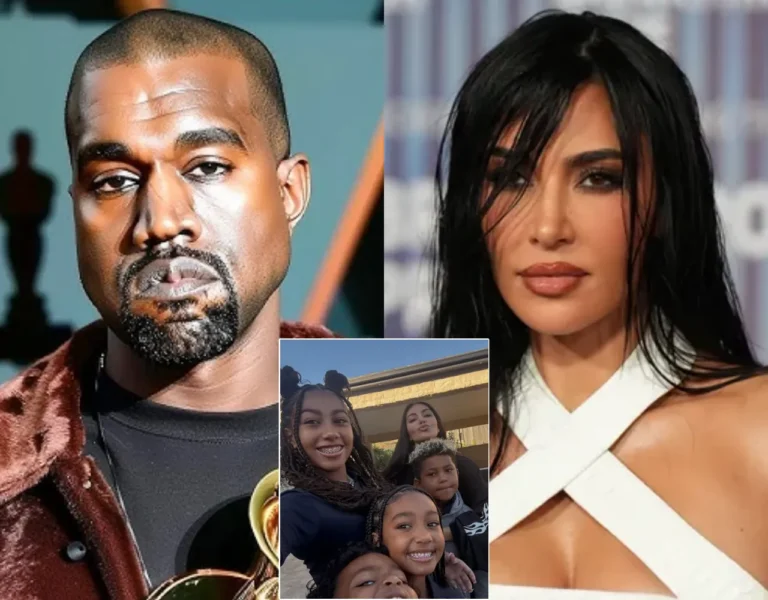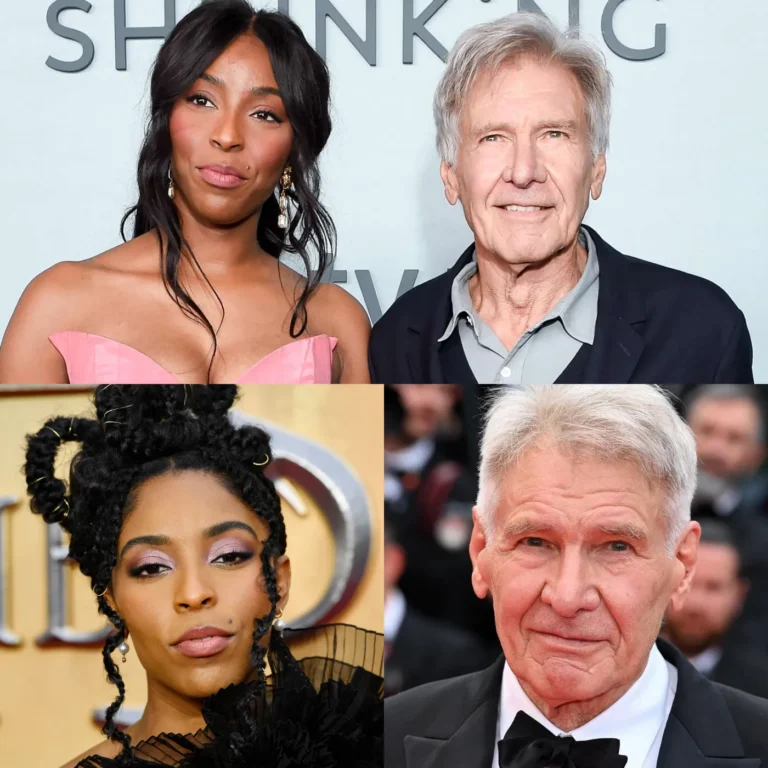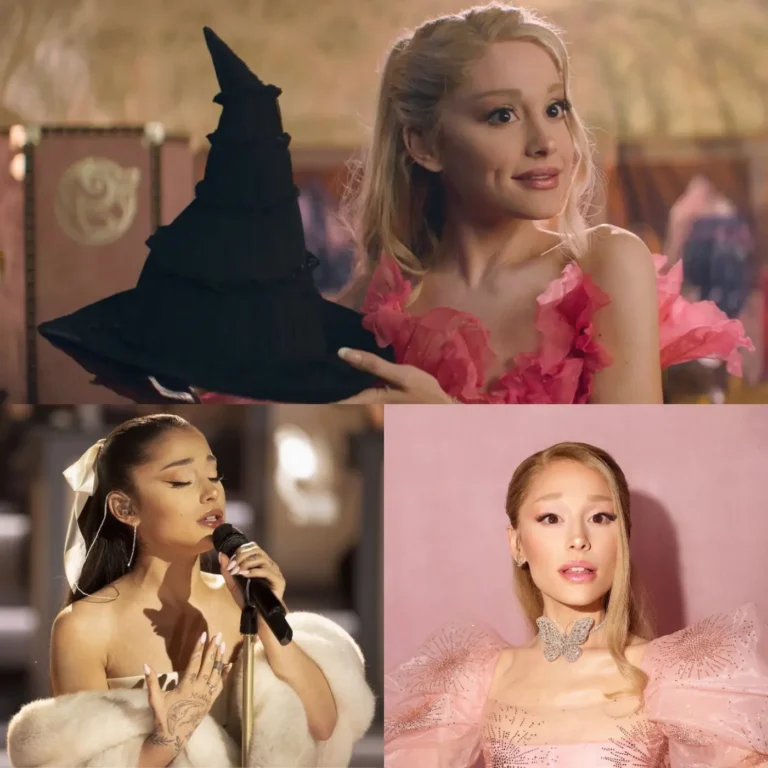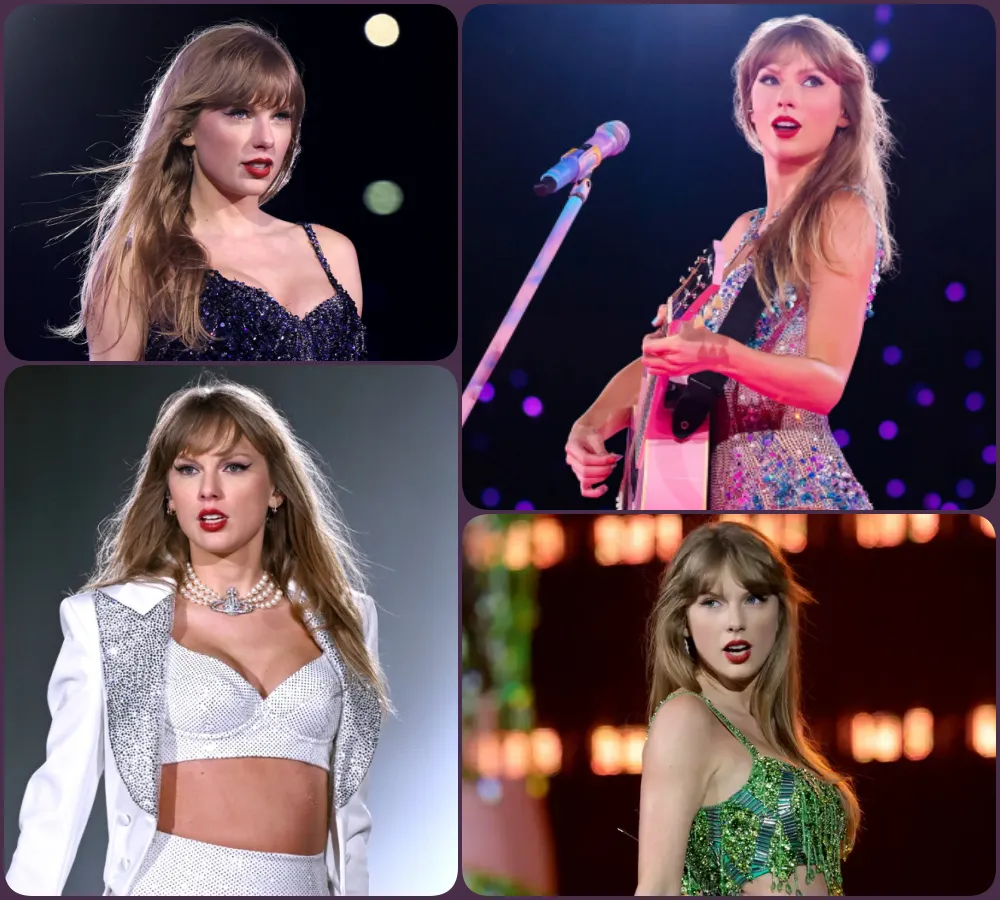
‘The Evil Who Disguised as a Sympathizer’ and Taylor Swift’s Outrage
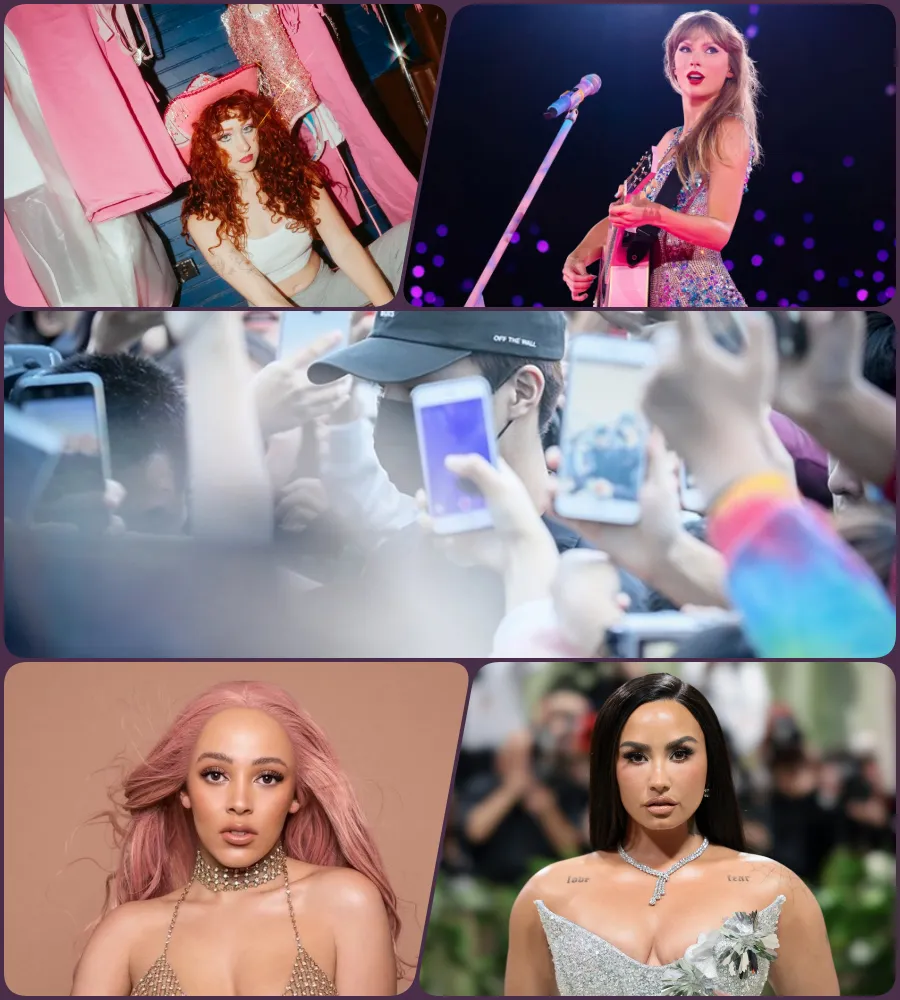
In the age of social media, bigotry and harassment have become increasingly serious issues for many famous artists. Taylor Swift, Chappell Roan, and Doja Cat are just a few of the stars who have bravely spoken out against toxic fan culture. These cruel acts are not only hurtful to the artists, but also reflect a larger social issue of invasion of privacy and disrespect for individuals.
Chappell Roan: An Artist Responds to Harassment
Chappell Roan, a singer who was streamed more than 68.36 million times in the first half of this year, recently sparked controversy when she criticized the group of fans who harassed her. In a video, Roan expressed her frustration with the group approaching her in public, harassing her online, and trying to contact her family. She asserted: “I don’t consider abuse and harassment, stalking, or anything harmful, normal for celebrities.”
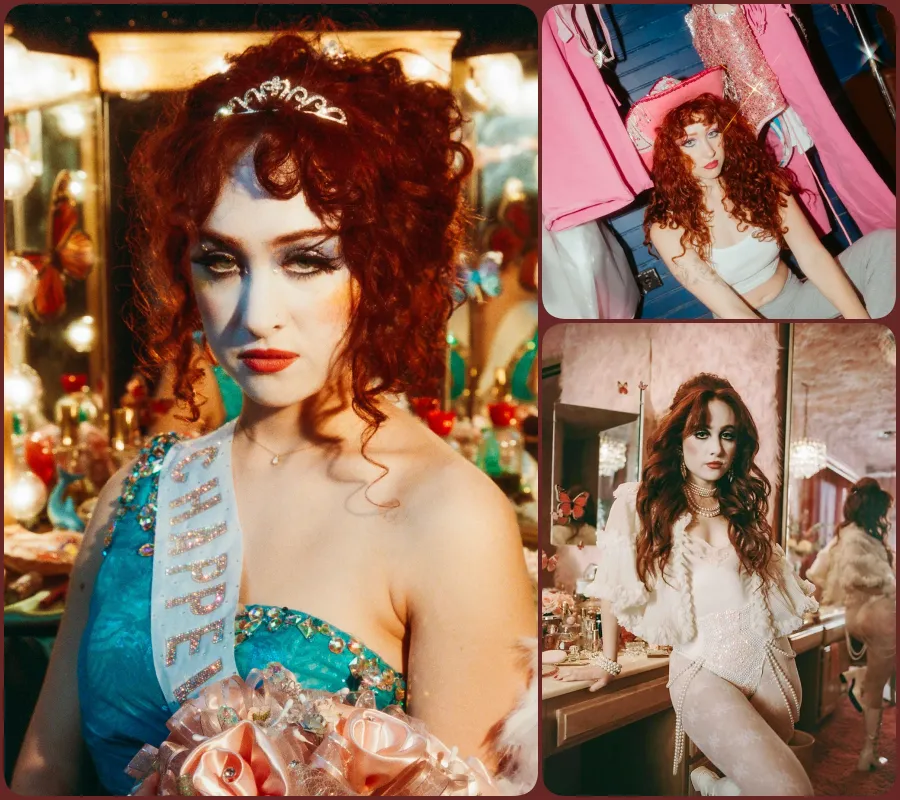
Roan’s life has been turned upside down by this behavior. She emphasized that this crazy behavior should not be accepted as part of her job or career. This is a strong and necessary response to the harassment that is becoming more and more common.
Harassment Is Getting More and More Crude
According to Business Insider, Roan’s anger reflects a common trend for celebrities, especially female artists. They often face a feeling of insecurity when being the center of attention. Harassment and invasion of privacy are becoming more and more crude and dangerous.
Demi Lovato previously faced a similar situation when her fans threatened to kill her best friend, mistaking him for causing her serious health problems. Lovato had to criticize the fan community for this behavior, although she knows that not all fans are like that.
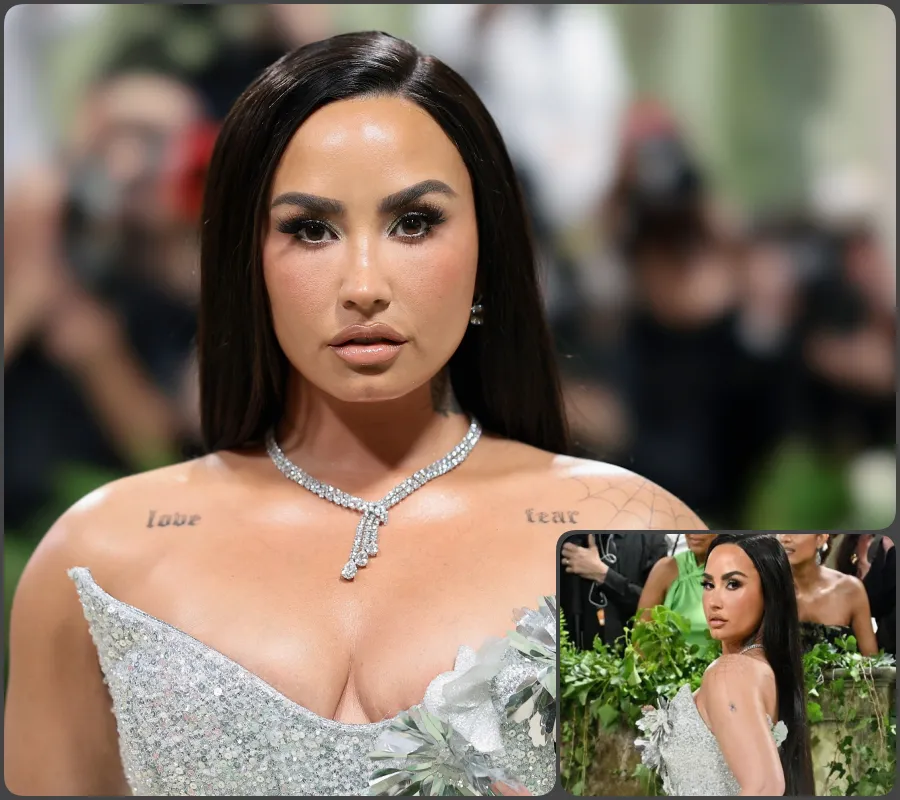
Female Artists and Tolerance of Toxic Fan Culture
Chappell Roan’s incident is not an isolated case. Halsey, in a post, expressed her frustration with the merciless criticism of her song “Lucky”, and said that she felt treated worse by her own fans. Doja Cat also publicly criticized fans last year, when she declared: “I don’t love you because I don’t know you.”
Doja Cat lost nearly 1 million Instagram followers over her comments, but she has no regrets about speaking out against the irrationality of some fans. She said it was a release from a “monster” that had been holding her back for so long.
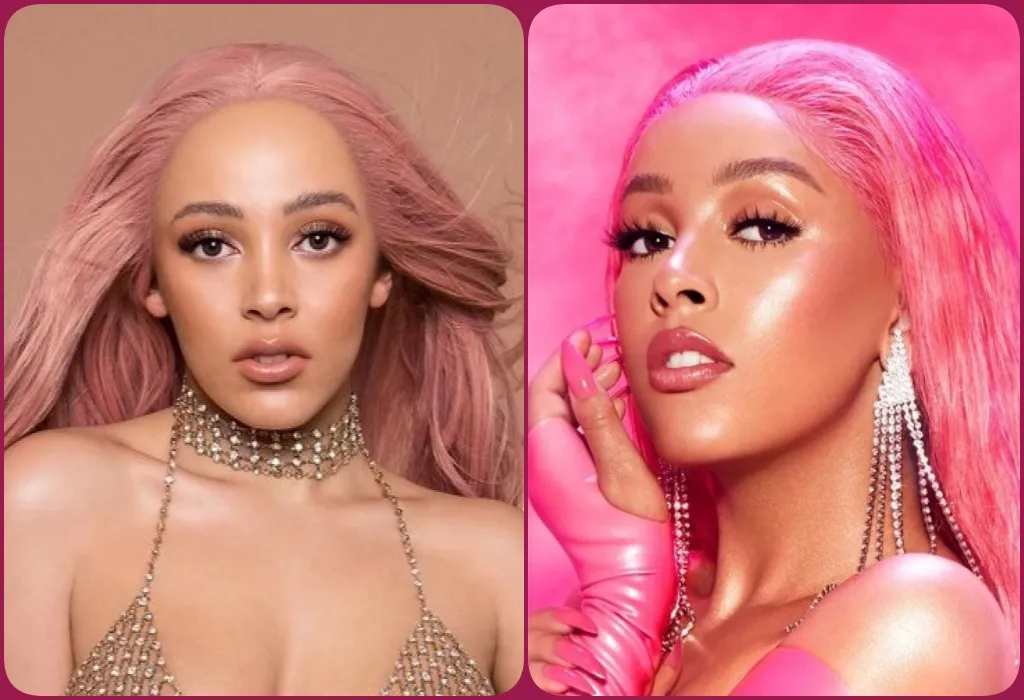
Taylor Swift and Her Outrage Over Toxic Fan Culture
Taylor Swift has also been vocal about her hateful fans on her latest album, The Tortured Poets Department. Swift describes them as “vandals,” “emotional misogynists,” and “judgmental.” She complains about being held captive and feeling like a “hunted animal” in songs like “I Know Places” and “The Archer.” In “Who’s Afraid of Little Old Me?”, Swift denounces the hateful comments, sexual assault, and misogyny she has faced.
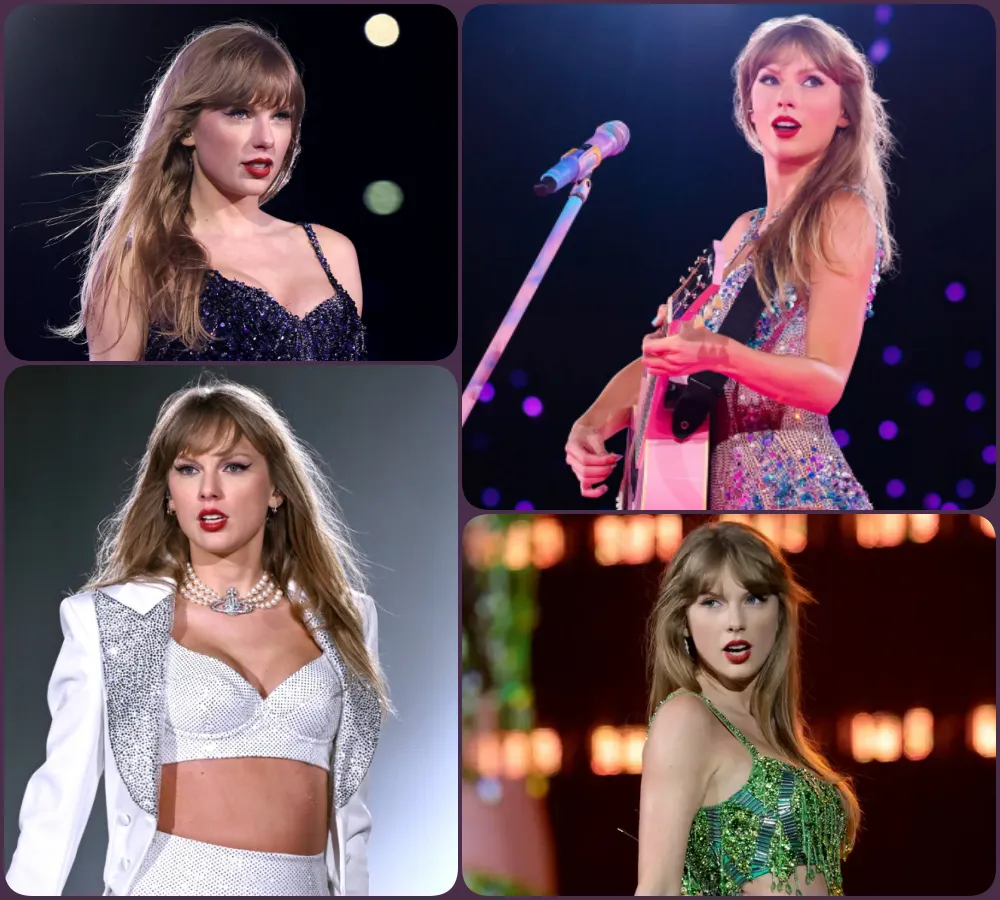
The Cruelty of Social Media and a Call for Change
Social media has created a harsher world for celebrities, with cruelty and criticism more prevalent than ever. Brave stars like Taylor Swift, Chappell Roan, and Doja Cat have not turned a blind eye to this situation. They have stood up to harassment and invasion of privacy, despite the fact that it may be detrimental to them.
As Roan shares, many fans think they know their artists through their music and online observations, but that does not give them the right to invade their personal lives. Artists deserve respect and privacy, and society needs to change to protect them from this toxic behavior.
Conclusion
Toxic fan culture is a serious problem that needs to be addressed. Artists like Taylor Swift, Chappell Roan, and Doja Cat have courageously spoken out about these issues, and it is necessary for society to listen and act to create a safer environment for everyone.
